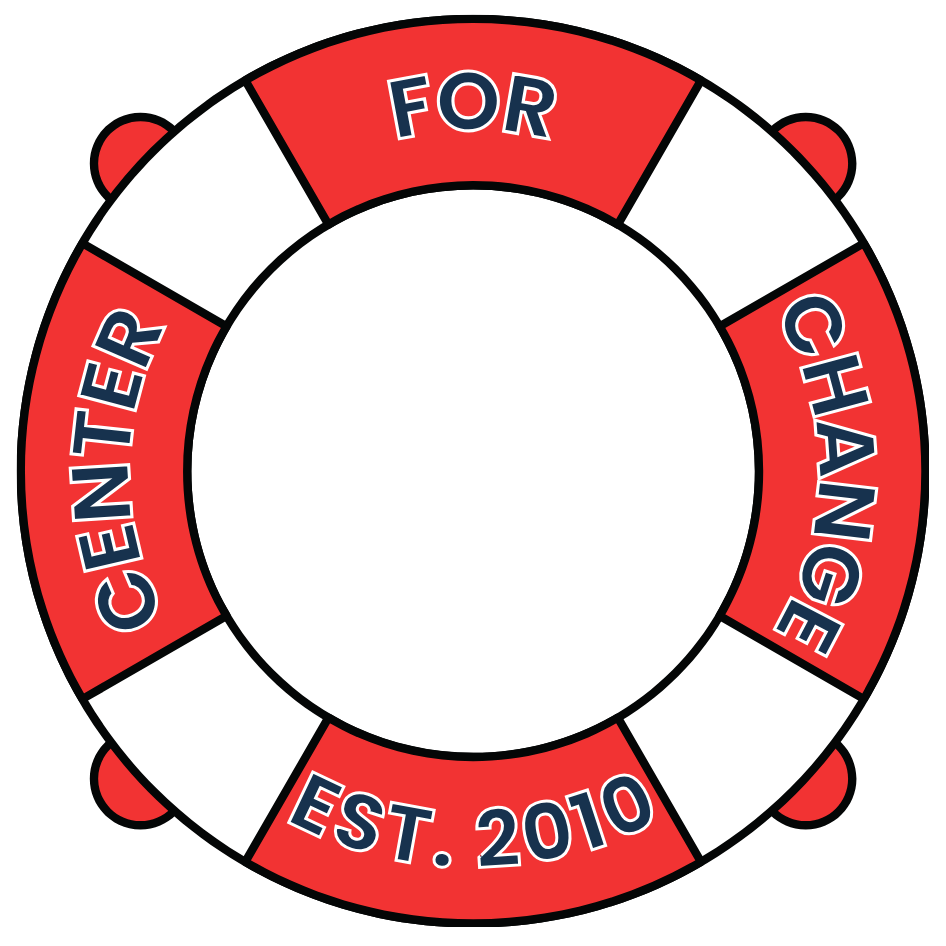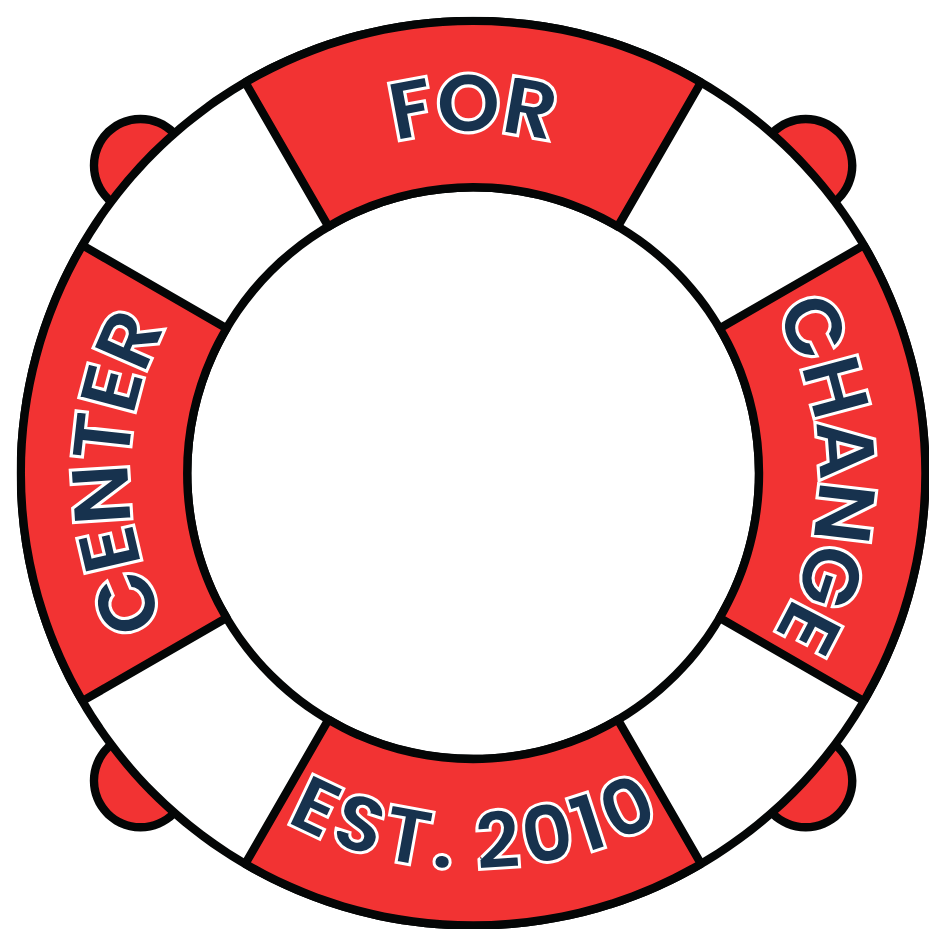
The Importance of Aftercare in Addiction Recovery
Sustaining Sobriety with Center for Change
Completing an addiction treatment program is a significant milestone, but it is just the beginning of the recovery journey. Aftercare is a critical component of sustained sobriety, providing ongoing support and resources to help individuals maintain their recovery and navigate life after treatment. At Center for Change in Wichita, KS, we offer comprehensive aftercare programs designed to support long-term recovery and prevent relapse.
What is Aftercare:
Aftercare refers to the support and services provided to individuals after they complete a formal addiction treatment program. These services are designed to help individuals transition back into everyday life while maintaining their sobriety. Aftercare can include a variety of components, such as:
- Continued Counseling: Ongoing individual or group therapy sessions to address emerging challenges and reinforce coping strategies.
- Support Groups: Participation in peer support groups, such as Alcoholics Anonymous (AA) or Narcotics Anonymous (NA), to provide mutual support and accountability.
- Sober Living Homes: Transitional housing options that offer a structured and supportive environment for individuals in early recovery.
- Relapse Prevention Planning: Development of personalized relapse prevention plans that include strategies for managing triggers and stressors.
- Life Skills Training: Programs that focus on developing practical skills, such as financial management, job readiness, and healthy lifestyle habits.
Benefits of Aftercare: Aftercare offers numerous benefits that are essential for sustaining long-term recovery:
- Ongoing Support: Aftercare provides continuous support and guidance, helping individuals stay connected to their recovery community and resources.
- Relapse Prevention: By reinforcing coping strategies and providing tools for managing triggers, aftercare helps reduce the risk of relapse.
- Accountability: Regular check-ins and support group meetings provide a sense of accountability, encouraging individuals to stay committed to their recovery goals.
- Building Confidence: Aftercare programs help individuals build confidence and self-efficacy, empowering them to navigate challenges and make positive decisions.
- Community Connection: Staying connected to a supportive community reduces feelings of isolation and provides a network of peers who understand the recovery journey.
Aftercare Services at Center for Change: At Center for Change, we recognize the importance of aftercare and offer a range of services to support individuals in their ongoing recovery:
- Continued Counseling: Our aftercare programs include continued individual and group counseling sessions. These sessions provide a safe space to address new challenges, explore personal growth, and reinforce healthy coping mechanisms.
- Support Groups: We encourage participation in support groups such as AA, NA, and other peer-led groups. These meetings offer a supportive community and a platform for sharing experiences, receiving encouragement, and building accountability.
- Relapse Prevention Planning: Our counselors work with clients to develop personalized relapse prevention plans. These plans identify potential triggers, outline coping strategies, and include steps to take if a relapse occurs. Regular reviews and updates to the plan ensure it remains relevant and effective.
- Life Skills Training: We offer life skills training to help individuals build a strong foundation for independent living. Topics include budgeting, job search strategies, stress management, and healthy lifestyle choices. These skills are crucial for maintaining stability and achieving long-term success.
- Sober Living Homes: For clients who need a structured and supportive living environment, we provide referrals to sober living homes. These homes offer a transitional space where individuals can practice their recovery skills in a safe and supportive setting.
Success Stories, and The Impact of Aftercare: Many clients at Center for Change have experienced the transformative benefits of our aftercare programs. One client shared how continued counseling and support group participation helped them navigate the challenges of early recovery and maintain their sobriety. Another client found that life skills training and relapse prevention planning were key to their success in building a stable and fulfilling life.
Aftercare is a crucial component of sustained recovery, providing the ongoing support and resources needed to maintain sobriety and navigate life after treatment. At Center for Change, our comprehensive aftercare programs are designed to support long-term recovery and prevent relapse. We are committed to helping individuals build healthy, fulfilling lives through continued care and support. Contact us today to learn more about our aftercare services and start your journey to lasting recovery.
About Us
Center for Change extends its support to individuals grappling with substance addiction. We accommodate flexible hours to suit your schedule, offering early and late appointments as needed. Reach out to Center for Change today to commence your journey toward addiction treatment.
Contact Us
Phone: 316-201-1234
Email: info@centerforchangeks.com
Operating Hours
Monday - Friday: 4:30am - 1:30pm
Saturday: 5:30am - 9:30am
Sunday: Closed
Location
933 N. Topeka St.
Wichita, KS 67214
All Rights Reserved | Center for Change | Site Creds
About Us
Center for Change extends its support to individuals grappling with substance addiction. We accommodate flexible hours to suit your schedule, offering early and late appointments as needed. Reach out to Center for Change today to commence your journey toward addiction treatment.
All Rights Reserved | Center for Change | Site Creds
Contact Us
Phone: 316-201-1234
Email: info@centerforchangeks.com
Operating Hours
Monday - Friday: 4:30am - 1:30pm
Saturday: 5:30am - 9:30am
Sunday: Closed
Location
933 N. Topeka St.
Wichita, KS 67214
About Us
Center for Change extends its support to individuals grappling with substance addiction. We accommodate flexible hours to suit your schedule, offering early and late appointments as needed. Reach out to Center for Change today to commence your journey toward addiction treatment.
All Rights Reserved | Center for Change | Site Creds
Contact Us
Phone: 316-201-1234
Email: info@centerforchangeks.com
Operating Hours
Monday - Friday: 4:30am - 1:30pm
Saturday: 5:30am - 9:30am
Sunday: Closed
Location



